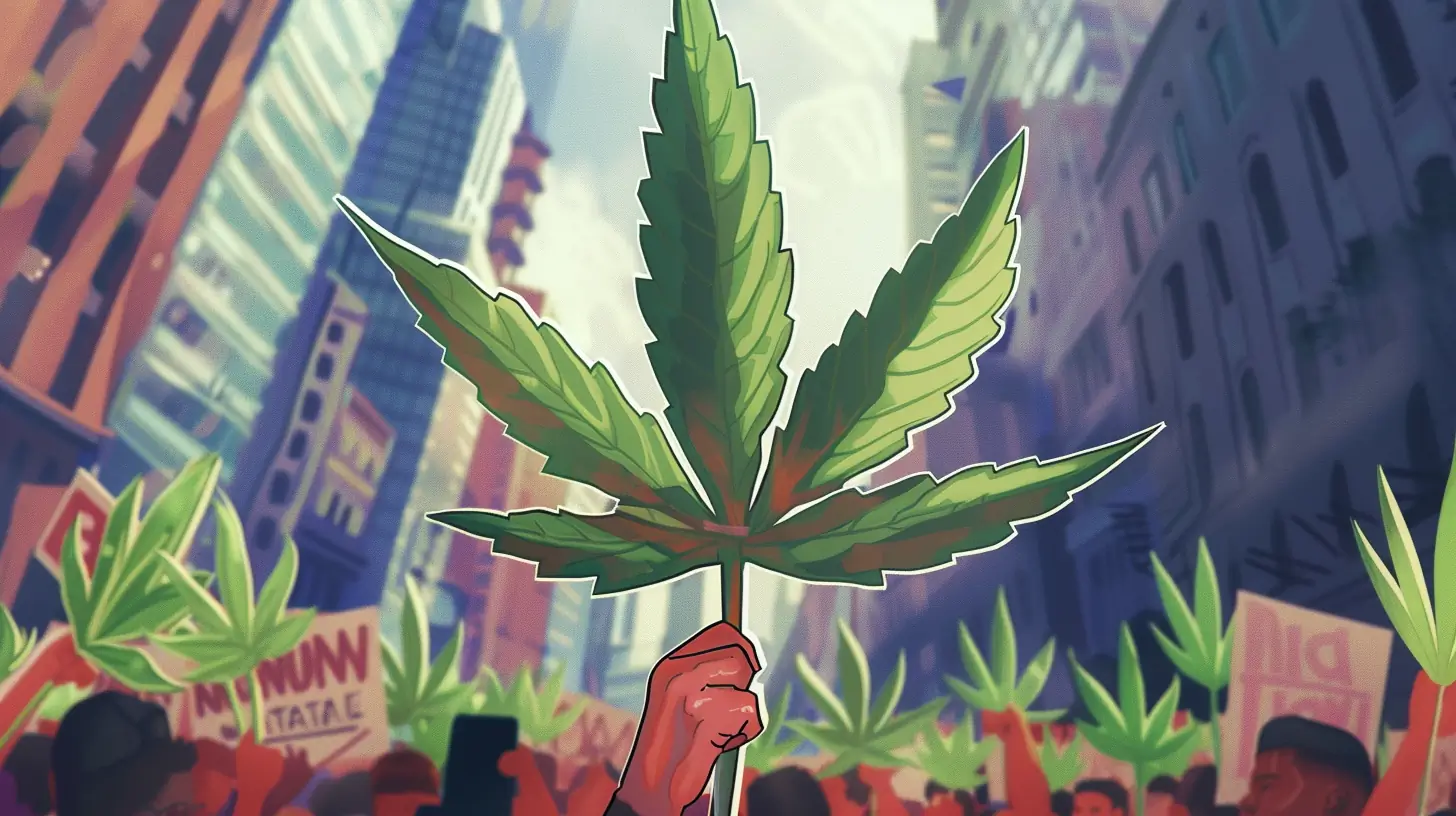Last updated on June 25th, 2024 at 08:51 am
- Driving The News: Cannabis advocates gathered to demand the government issue a Cannabis Act to regulate cannabis instead of reclassifying it as a narcotic.
- Why It Matters: Proper legislation is crucial for ensuring that cannabis is used safely and effectively, supporting both medical and economic benefits.
- The Big Picture: The push for a Cannabis Act reflects broader efforts to integrate cannabis into Thai society legally and responsibly.
BANGKOK, THAILAND – On June 9, the Thai Cannabis Network, along with various cannabis advocacy groups, gathered to demand that the government issue a Cannabis Act to regulate cannabis use rather than reclassify it as a narcotic. Led by PRASIT CHAI NOONWAL, AKKARADET JARKJINDA, and other key figures, the group emphasized the need for factual, science-based policy decisions to shape the future of cannabis in Thailand.
The gathering, which took place at the United Nations building in Bangkok, saw around 200 participants holding banners and signs that highlighted the historical and medicinal benefits of cannabis. The advocates argued that reclassifying cannabis as a narcotic would push its use back underground, similar to the situation several decades ago when traditional healers had to hide their practices from law enforcement.
During the event, speakers stressed that cannabis is a valuable medicinal plant that has helped thousands of patients, particularly those suffering from chronic conditions such as diabetes, hypertension, and cancer. They highlighted that cannabis has been used effectively in many cases where conventional treatments have failed.
Notably, two prominent traditional healers, Uncle Dam and Luang Son, shared their experiences of using cannabis to treat numerous patients successfully. They described cannabis as an affordable and effective treatment option that should be supported by proper legislation rather than being criminalized.
In his speech, M.L. RUNGKUN KITTIYAKORN raised concerns about claims linking increased psychiatric issues to cannabis use. He cited research suggesting that the rise in mental health problems could be attributed to COVID-19 vaccines rather than cannabis, urging the Ministry of Public Health to provide accurate and transparent information.
The group marched from the UN building to the Government House, presenting a statement outlining their demands. They called for the use of scientific evidence to determine the legal status of cannabis, suggesting a comparative study on the health impacts of cannabis, alcohol, and tobacco. They proposed that if cannabis is found to be less harmful, it should be regulated under a dedicated Cannabis Act rather than narcotics law.
The advocates insisted that the government form a joint committee, including representatives from the public, academia, and the government, to study the effects of cannabis since its decriminalization in 2022. They stressed that if research shows that cannabis has significant medicinal benefits and minimal societal harm, it should be controlled under specific legislation to maximize its benefits for the Thai people.
Contributing Sources: Daily News
